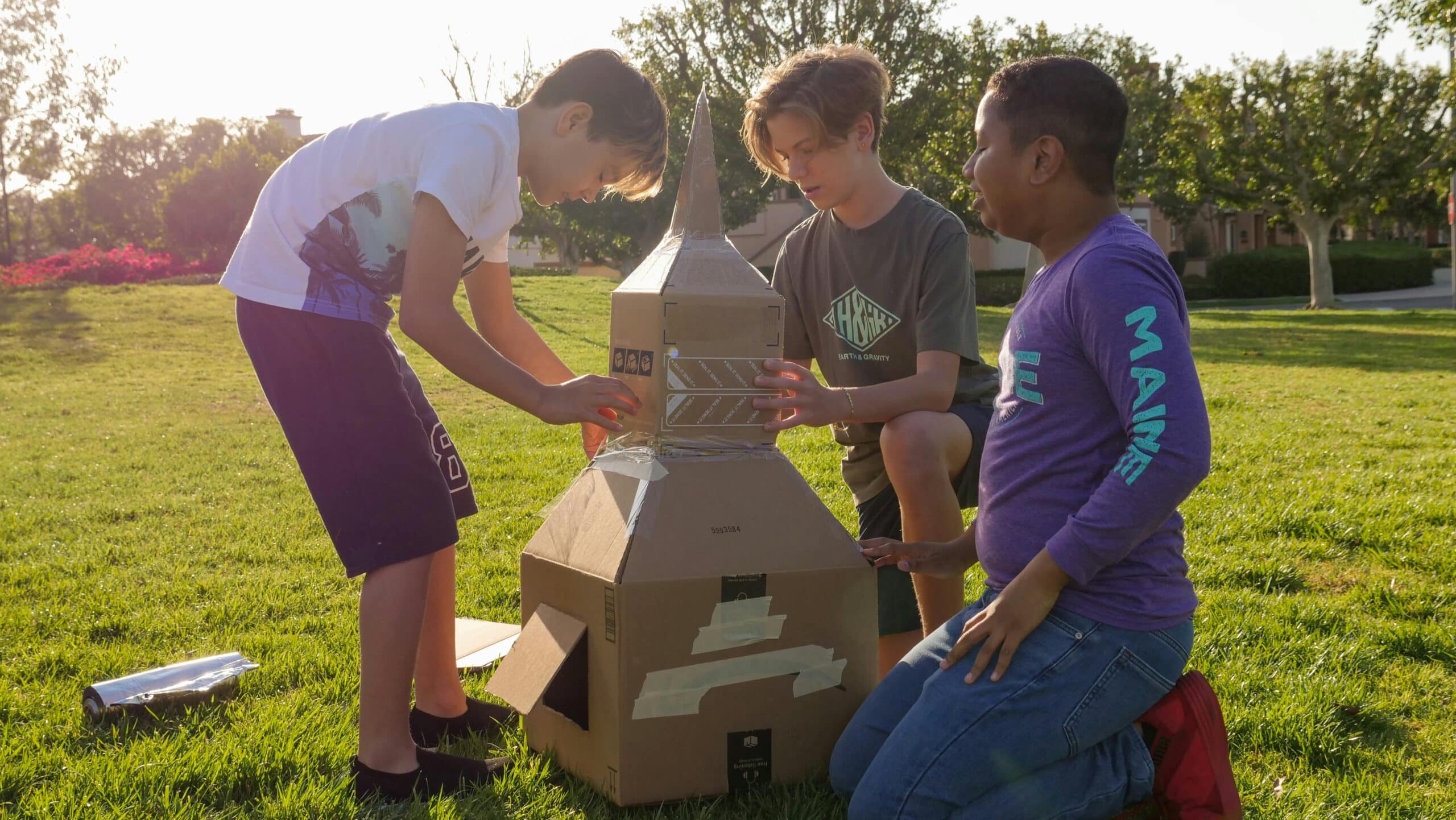Hello, curious minds and homeschooling families! 🏠📚 Homeschooling is a growing educational choice for many families, yet it’s surrounded by misconceptions and myths that can sometimes cloud its benefits. Let’s clear up some of the common misconceptions about homeschooling and shed light on why it can be an excellent option for many students.
1. Homeschooling Is Only for Religious or Alternative Families
One common misconception is that homeschooling is primarily for families with religious or alternative beliefs.
The Truth:
Diverse Reasons: While some families choose homeschooling for religious or philosophical reasons, many others do so for various reasons, including flexibility, tailored education, or dissatisfaction with traditional schooling. According to the National Center for Education Statistics (NCES), motivations for homeschooling include academic concerns, desire for a safer learning environment, and the ability to provide a personalized education.
2. Homeschooling Means Kids Are Isolated and Lack Socialization
Another myth is that homeschooled children miss out on socialization and have fewer opportunities to interact with peers.
The Truth:
Rich Social Opportunities: Homeschooling can provide ample socialization opportunities. Many homeschooled children participate in group classes, sports teams, co-ops, and community activities. A study from the Journal of School Choice found that homeschooled children often engage in a wide range of social activities and develop strong social skills.
3. Homeschooling Requires Parents to Be Experts in Every Subject
Some believe that homeschooling parents need to be experts in all subjects to effectively teach their children.
The Truth:
Resource Availability: Parents do not need to be experts in every subject. There are many resources available, such as online courses, tutors, and educational materials, that can support learning. Homeschooling allows parents to facilitate their child’s learning and seek external resources when needed.
4. Homeschooling Is More Expensive Than Traditional Schooling
There’s a misconception that homeschooling is prohibitively expensive compared to traditional schooling.
The Truth:
Variable Costs: Homeschooling costs can vary widely depending on the family’s choices. Many homeschooling families use free or low-cost resources, such as libraries, online materials, and community programs. Some families invest in specific curricula or extracurricular activities, but overall, homeschooling can be as affordable or as costly as the family chooses.
5. Homeschooled Children Lack a Structured Curriculum
People often think that homeschooling lacks structure and a formal curriculum.
The Truth:
Customized Curriculum: Many homeschooling families use structured curricula that align with educational standards and goals. Parents can choose from a variety of curricula and educational resources, allowing them to tailor the learning experience to their child’s needs and interests. The Education Week report notes that a well-structured homeschooling program can be as rigorous and comprehensive as traditional schooling.
6. Homeschooling Is a Poor Preparation for Higher Education
A common belief is that homeschooled students are not well-prepared for college or other higher education paths.
The Truth:
Successful Outcomes: Studies show that homeschooled students often perform well in higher education. Research from The National Home Education Research Institute found that homeschooled students score as well or better on standardized tests and are admitted to college at similar rates as their traditionally schooled peers.
7. Homeschooling Is a Full-Time Job for Parents
Some think that homeschooling requires one parent to be dedicated full-time to teaching, leaving no room for other responsibilities.
The Truth:
Flexible Schedules: Homeschooling offers flexibility in scheduling. Parents can often balance homeschooling with other responsibilities by creating a schedule that works for their family. Some families incorporate part-time work or other commitments while homeschooling.
8. Homeschooled Children Miss Out on Extracurricular Activities
There’s a misconception that homeschooled children do not have access to extracurricular activities.
The Truth:
Wide Range of Activities: Many homeschooling families actively seek out extracurricular opportunities, such as sports, arts, and community clubs. Homeschool co-ops and local organizations often provide opportunities for homeschooled children to participate in a wide range of activities.
9. Homeschooling Is Just a Trend
Some people believe that homeschooling is a fleeting trend rather than a legitimate educational choice.
The Truth:
Growing Movement: Homeschooling has been around for centuries and has seen consistent growth. According to the National Center for Education Statistics, the number of homeschooled students has steadily increased, reflecting its acceptance and the benefits it offers to families.
10. Homeschooling Is Inflexible and Rigid
It’s often thought that homeschooling lacks flexibility and is rigid in its approach.
The Truth:
Adaptable Learning: Homeschooling allows for adaptability in teaching methods and learning experiences. Parents can adjust the curriculum and teaching strategies based on their child’s needs, interests, and progress. This flexibility helps cater to different learning styles and paces.
In Summary
Homeschooling is a diverse and adaptable educational choice with many benefits, and it’s surrounded by misconceptions that can be cleared up with accurate information. By understanding the realities of homeschooling, families can make informed decisions and appreciate the unique advantages that this educational approach offers. Whether it’s tailored learning, flexible schedules, or rich social opportunities, homeschooling can provide a valuable and effective educational experience for many students. 🌟🏠📚






